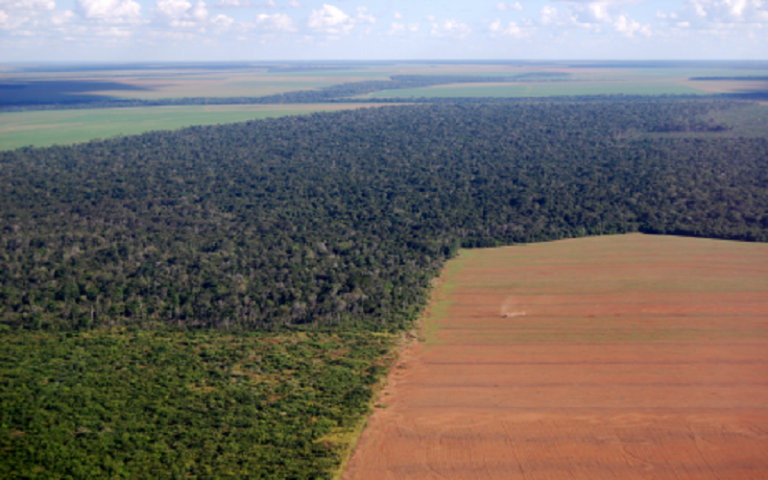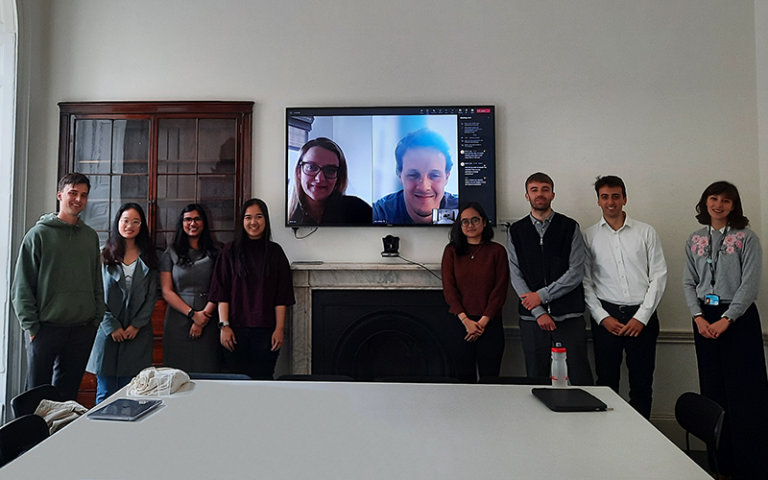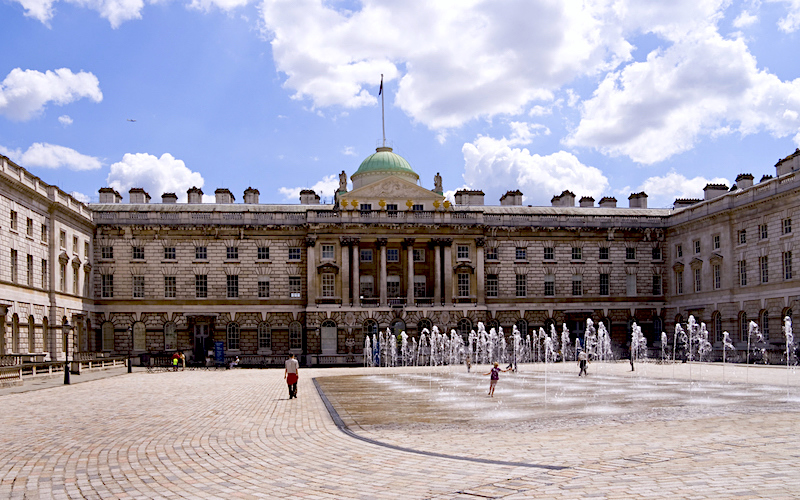Economics and Policy of Energy and the Environment MSc

There is a global need for quantitative, practical environment and resource economists with a sound understanding of policy. Economics and Policy of Energy and the Environment MSc is designed to equip you with the skills and knowledge to become a sustainability leader and innovator in business, policy-making and research.
You will gain a deep understanding of different economic and policy approaches to the urgent environmental and resource problems that face our global community, especially in respect to energy and climate change. You will learn how to apply a variety of analytical methods to resolve these problems, applied to a broad range of practical contexts.
Find out more about this degree, what you will learn and how it could benefit your career, along with entry requirements and details on submitting an application on the UCL Graduate Prospectus.
Visit the UCL Graduate Prospectus
Student experiences
Several of our alumni have shared their experiences studying Economics and Policy of Energy and the Environment at UCL.
Shanali's experience

"My MSc was pivotal in forging my current career path. It had been a long-standing dream of mine to become an environmental economist – the technical specialisation provided by this MSc, together with the calibre of education provided at UCL, made it possible for me to realise that dream. In particular, I believe the interesting selection of optional units on offer allowed me to gain a competitive edge."
“
Read more about Shanali's experience ►
Student activites
Throughout the academic year our students engage in educational activities during their modules. Here are a few examples of what our students have been up to recently:
 Close
Close





